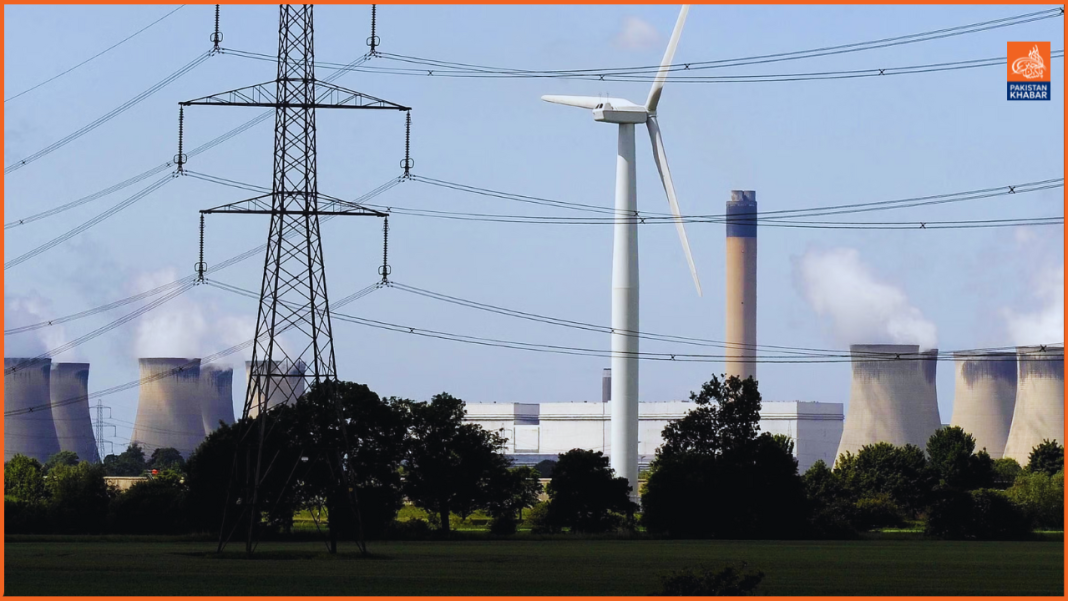The UN has reported that global efforts to combat climate change are significantly off course, with greenhouse gas emissions rising faster than ever recorded. Current national plans to limit carbon emissions will lead to only a 2.6% reduction by 2030, far below the 43% reduction needed to keep global warming under 1.5°C this century. This alarming trend is compounded by new findings indicating that atmospheric greenhouse gases have surged by over 11% in the past two decades.
The analysis from the UN Climate Change agency shows that countries must submit more robust plans by next spring, as discussions to increase climate ambitions will be central at the upcoming COP29 climate conference in Azerbaijan. Moreover, scientists are increasingly concerned about forests losing their capacity to absorb CO2, further exacerbating climate change. Evidence suggests that areas like the southeastern Amazon have shifted from being carbon sinks to sources, highlighting the dangerous feedback loop between warming temperatures and natural systems.
Dr. Oksana Tarasova from the World Meteorological Organization emphasized that the warming climate impacts the ability of forests to sequester carbon, which could accelerate global warming. The current levels of carbon in the atmosphere are comparable to those from 3-5 million years ago when temperatures were significantly higher and sea levels were much greater




